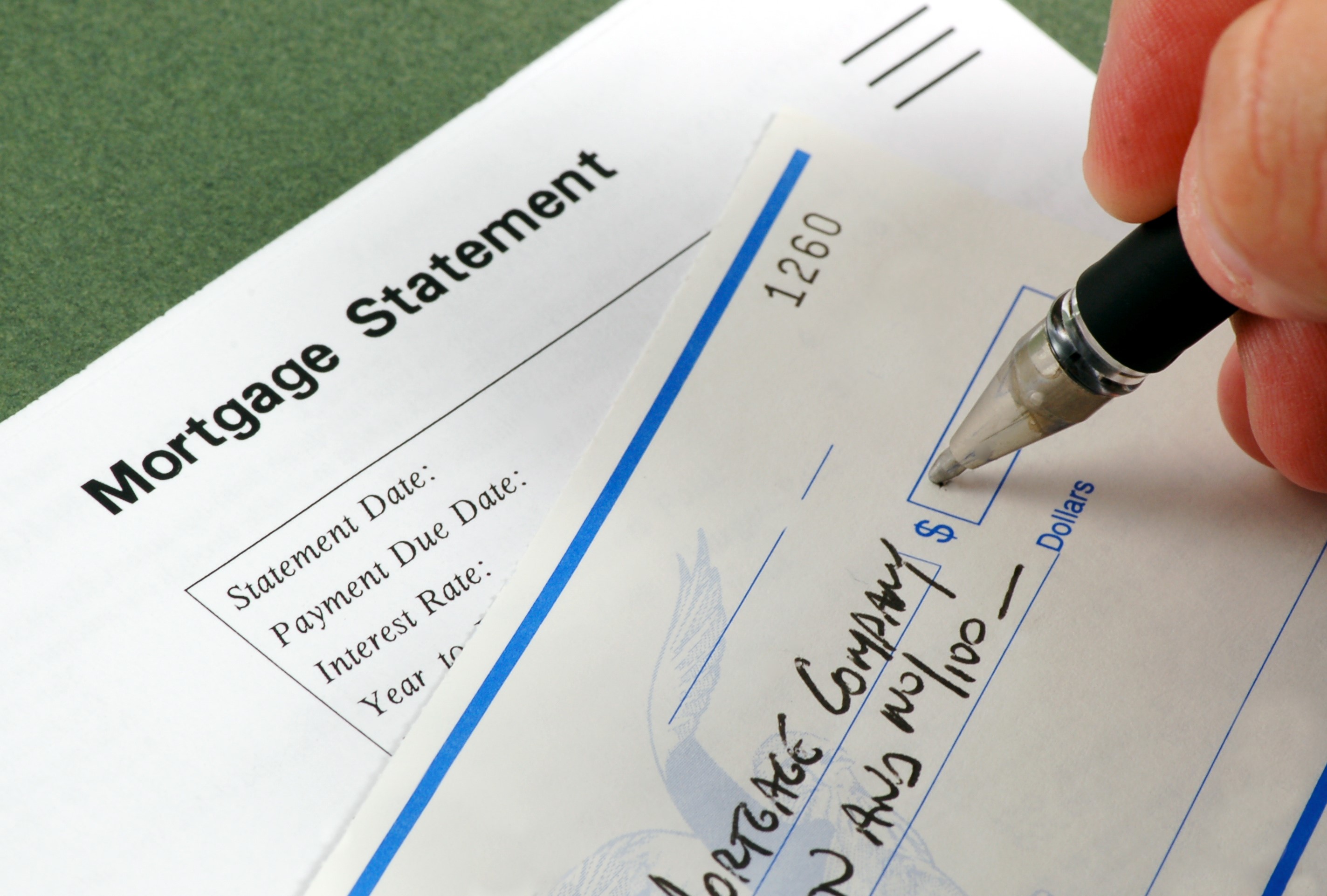Manufactured vs. Modular Homes
When it comes to residential construction, there is a wide range of housing options to suit different needs and preferences. Among these...

Technically, a pre-approval needs a valid credit report. If everything else remains the same from your application, that means it can last up to 120 days. That said, the credit report needs to be valid through loan closing and it is best practice to allow around 30 days to get everything ready for closing. So, we say that a pre-approval is good for about 90 days. But we also suggest contacting your loan consultant to review every month during your home search.
Even though a pre-approval is still valid doesn’t always mean you should use it to offer. You should always try to use a recent offer to gain the seller confidence that you can get a mortgage. We suggest calling your loan consultant to update your pre-approval letter before submitting an offer.
Getting pre-approved for a mortgage has a slight impact on your credit score, but it’s typically minimal. Part of your application is a “hard inquiry” on your credit report. A hard inquiry will lower your credit score by a few points, but as long as you’re not allowing multiple unrelated hard inquiries, you don’t have to worry much about a couple points. What is a hard credit inquiry?
A hard credit inquiry, also known as a hard pull, is a typeof credit check that occurs when a lender, creditor or service provider requests to see a consumer’s credit report. Typically, the only time this happens is when you apply for a loan, credit card or other type of credit. Hard inquiries will show up on your credit report and may impact your credit score.
Hard credit inquiries can lower your credit score by a few points, but they are typically only a factor in a small percentage of your overall credit score. If you are shopping different mortgage lenders, having multiple inquiries for the same time of credit within a 45 day timeframe should count as one inquiry. This way, the credit bureaus will only count it as one check.
The other credit pull is called a soft credit inquiry, or “soft pull.” Soft pulls don’t affect your credit score. This type of inquiry occurs when a lender, creditor, or service provider checks your credit report, but you did not authorize it. This is how companies can send pre-qualification letters to potential clients. That said, you cannot get a pre-approval or loan estimate without a full application, which includes a hard credit pull.
A soft credit pull, also known as a soft inquiry, does not affect your credit score, but it only shows a limited version of your credit report. Soft pulls do not provide all the information the lender needs to fully evaluate your application.
A hard pull shows a more complete version of your credit report and will be required for a lender to issue a pre-approval. When you apply, the lender checks your credit, income and assets to determine how big of a loan you qualify and at what rates. This process helps you and the lender to understand your borrowing power and to avoid over-borrowing or over-extending yourself.
There are some online tools and some lenders that can give you a rough estimate of your pre-approval amount and rates based on a soft pull. That said, it is just an estimate at that point. A final, official pre-approval — one that you can use to put an offer in — will require a hard pull. It’s best to contact your lender and ask about their policies on pre-approval and the type of credit check they will be using, so you can plan accordingly.
Whether you can extend your mortgage pre-approval or need to get a new one depends on the lender and the specific circumstances of your pre-approval. Some lenders may be willing to extend the pre-approval period if you are still actively looking for a home and your financial situation has not changed. The thing to consider is your credit report.
If the credit report pulled for your pre-approval expires, your lender will have to run it again. You may also need to provide some updated documentation to confirm your situation has not changed. It all depends on your situation and the timing of your pre-approval. There is a chance that the market has changed drastically since you were pre-approved. If that’s the case, your terms may change accordingly.
This all depends on when the lender last ran your credit. Credit reports last for 120 days and need to be current through final approval of your mortgage. If your credit report is about to expire, your lender will have to submit a new hard inquiry. If you’re just looking and not yet ready to offer on a home or homes, it may be best to hold off extending a pre-approval until you are. Each time your credit report expires, you will have to be hit with another credit pull.
You may be able to adjust the pre-approval amount, depending on the lender’s policies and the specific circumstances of your pre-approval. If your financial situation has changed, such as an increase in income, the lender may be willing to increase your pre-approval amount. If you paid off extra debt, for instance, the lender may be willing to approve a higher loan amount.
You will, however, have to provide the lender with updated financial information and documentation. It’s best to contact your lender and ask about their policies on adjusting the pre-approval amount and what the process would be. Also, keep in mind that getting pre-approved for a higher amount does not mean you should borrow more than you can afford to repay. You should always consider your long-term financial goals and make sure you are comfortable with the monthly payments.
A pre-approval is not a guarantee of a loan and the lender may require additional information or documentation before approving the loan. Pre-approvals do expire. Their expiration depends primarily on your credit report. If you need to adjust your amount, you can reach out to your loan consultant.
It’s best to check in with your loan consultant any time you are ready to offer on a house. Showing up with a recent pre-approval for the amount you’re willing to pay helps communicate to the seller you are serious and qualified.

When it comes to residential construction, there is a wide range of housing options to suit different needs and preferences. Among these...

As a first-time home buyer, there can be so many new concepts, options, and terms flying around, it can sometimes feel a bit overwhelming. And...

As a first-time home buyer, there can be so many new concepts, options, and terms flying around, it can sometimes feel a bit overwhelming. And...

There are certain things that need to happen for the transfer of a property to be official, including the transfer of title and the official value...

3 min read
If you are thinking about applying for a loan, it is advantageous to have at least some idea what your debt-to-income ratio (DTI) is before...

5 min read
Coming up with a down payment may be the biggest hurdle for first-time homebuyers. It can be difficult to understand exactly how much you need and...